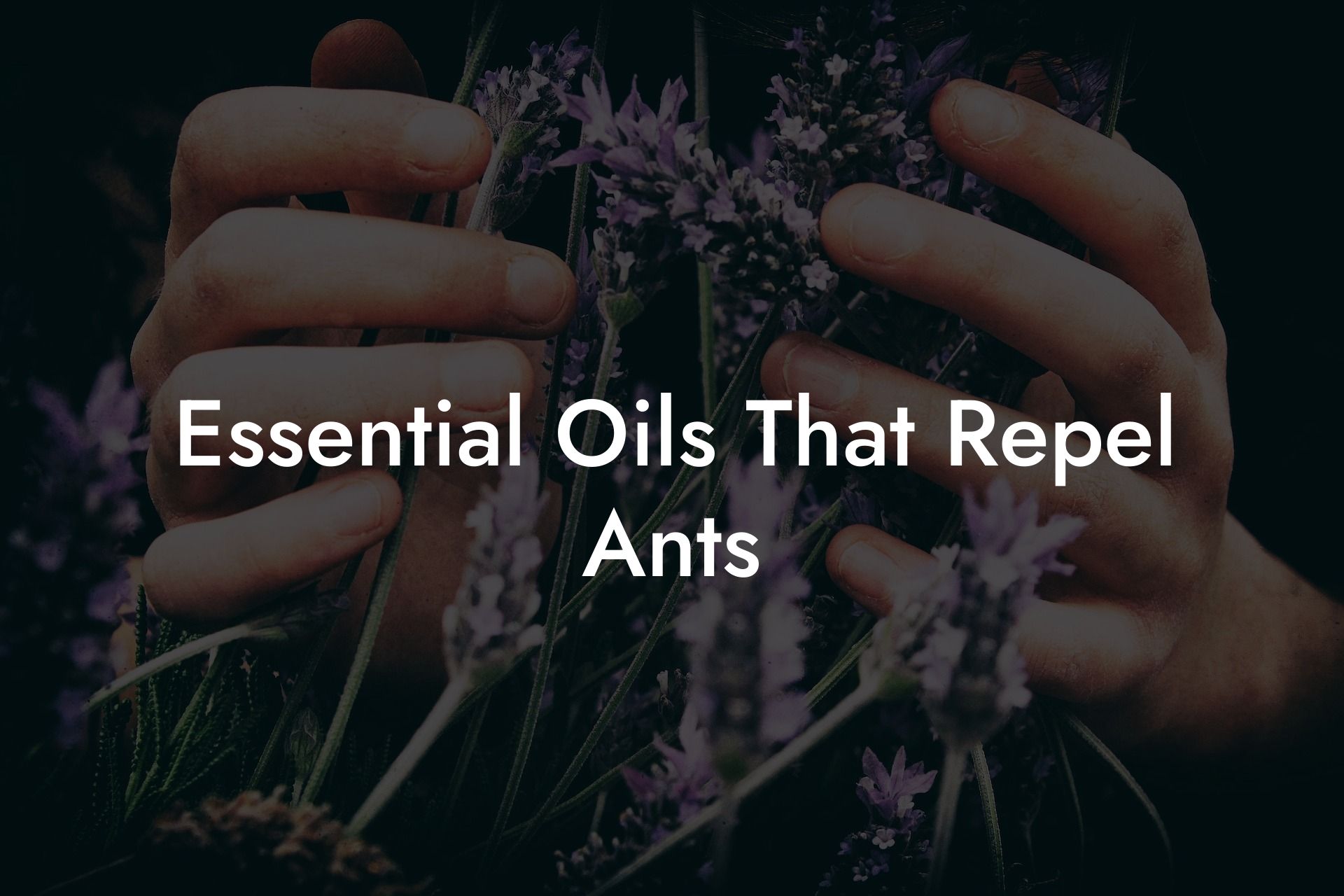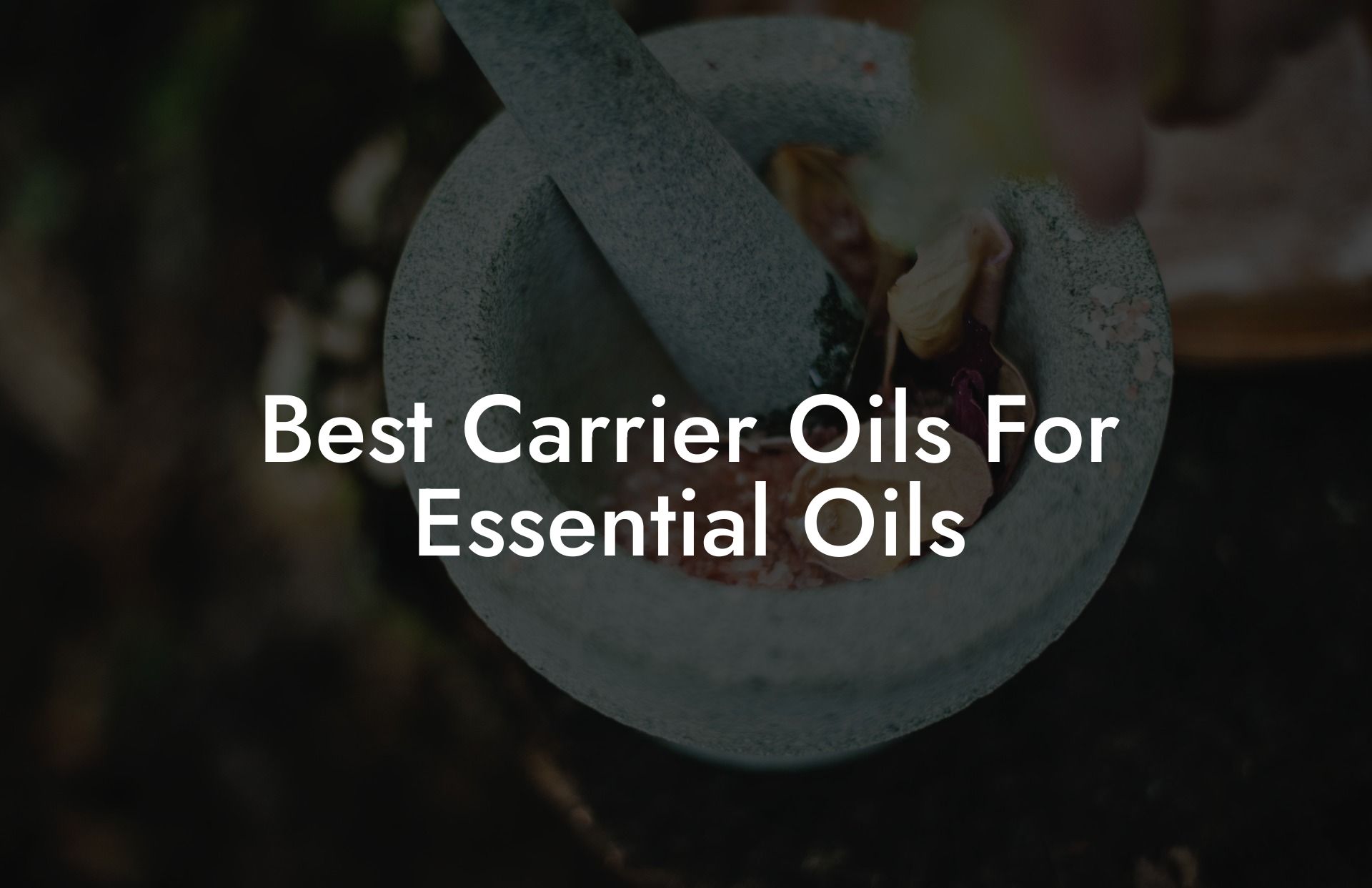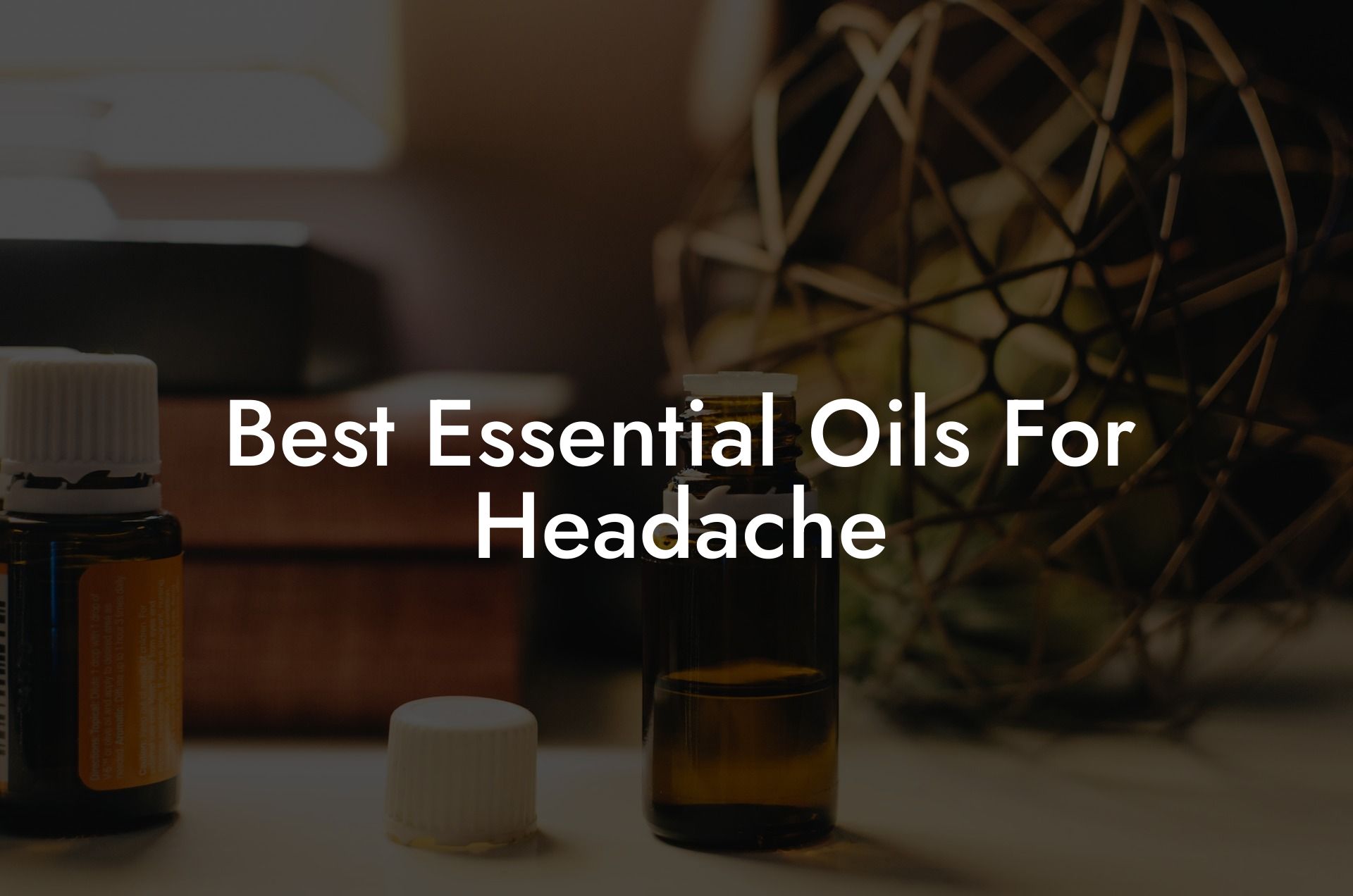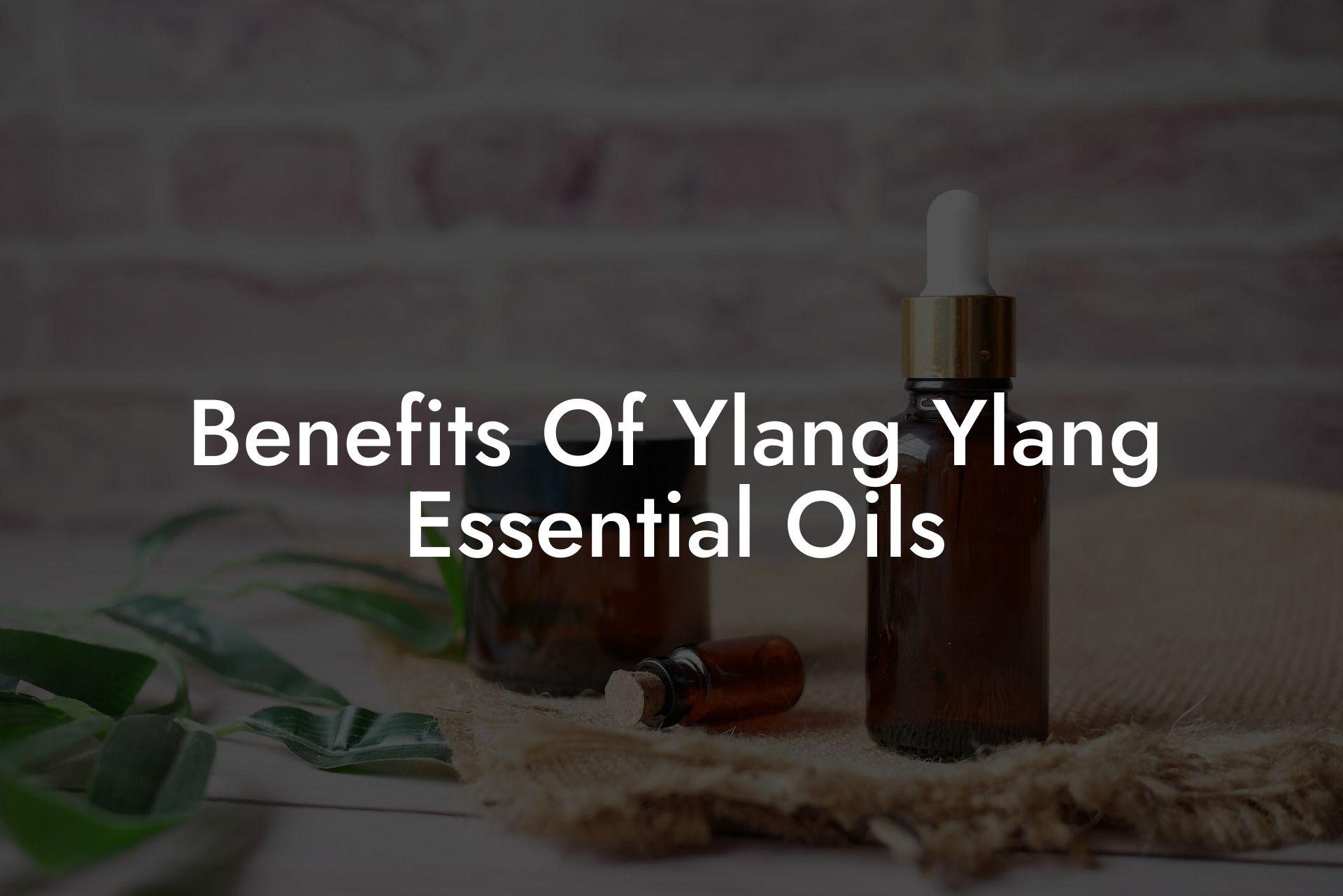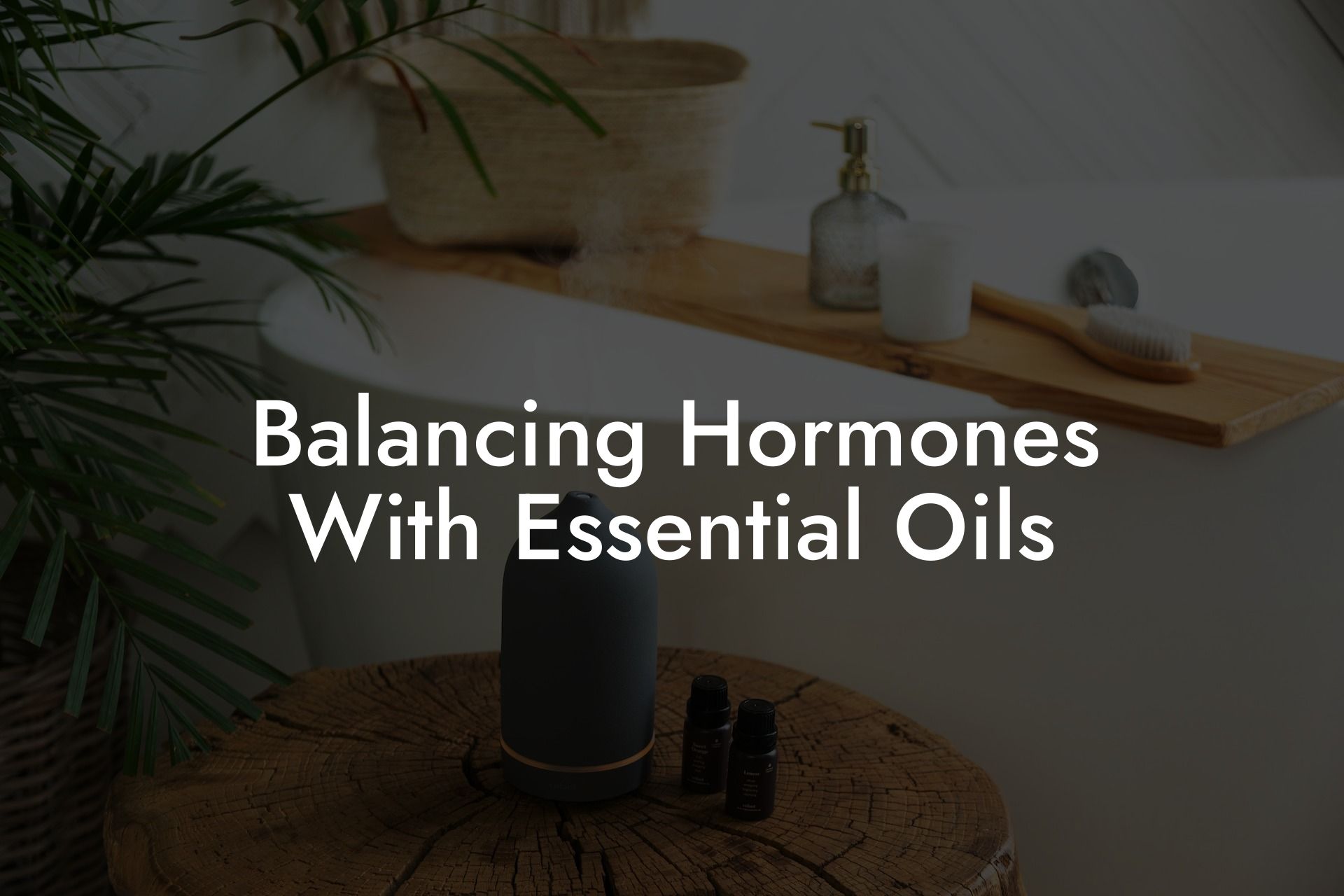Ants have a unique place in our ecosystem, but when they find their way into our homes, they can be a nuisance and sometimes cause substantial damage. To keep these tiny invaders out without resorting to harsh chemicals, many have turned to a natural solution – essential oils. In this article, we explore a variety of essential oils that effectively repel ants, along with helpful tips on how to use them.
Table of Contents
The Science Behind Essential Oils and Ant Repellence
Why do essential oils work against ants? Ants communicate using pheromones, which are chemical signals. Each ant has a unique scent that identifies its colony. When threatened or foraging, ants release pheromones to communicate with their fellow ants. Essential oils have distinct, powerful scents that can confuse ants, as well as exhibit repellent and toxic effects.
Top Essential Oils for Ant Repellence
While many essential oils exhibit some degree of ant-repelling properties, these five provide the most effective protection:
1. Peppermint Oil
Peppermint oil is well-known for its strong, refreshing scent. This oil can be effective in deterring ants as they dislike the smell. Additionally, the menthol component of peppermint oil can interfere with the ants’ pheromone communication.
2. Tea Tree Oil
Tea tree oil has a potent aroma and powerful antiseptic properties. Its strong scent can disrupt ants’ foraging activities and chemical communication. It also has the added benefit of being toxic to some ants, killing them on contact.
3. Lemon Eucalyptus Oil
Lemon eucalyptus oil is another powerful deterrent for ants. Its citrusy scent is not only pleasant to humans but also highly effective in confusing and repelling ants while masking food smells that might otherwise attract them.
4. Lavender Oil
Ants are not fond of the sweet, floral scent of lavender oil. This essential oil acts as a natural ant-repellent and can also soothe your senses. Additionally, it serves as a good option for those who don’t appreciate the more pungent scents of other oils.
5. Cinnamon Oil
Cinnamon oil contains a compound called cinnamaldehyde that is toxic to ants. As with the other oils, its scent is also potent enough to disrupt their communication pathways and keep them away.
How to Use Essential Oils Against Ants
- Create a DIY ant spray: Mix 15-20 drops of your chosen essential oil with a cup of water in a spray bottle. Shake well before each use and spray near entry points, on countertops, or any areas where you’ve noticed ant activity.
- Apply essential oil-infused cotton balls or pieces of cloth: Soak cotton balls or small pieces of cloth in your chosen essential oil and place them near ant entry points or other areas where ants congregate. Replace them every few days to maintain effectiveness.
- Diffuse essential oils: Using an essential oil diffuser in your home can help repel ants, albeit indirectly. The scent of the essential oils in the air will help mask food smells, which can be attractive to ants.
Essential Oils That Repel Ants Example:
Jane noticed an ant problem in her kitchen. Not wanting to use harmful chemicals around her family and pets, she decided to try essential oils. She mixed 15 drops of peppermint oil with a cup of water in a spray bottle and sprayed near the window and door where ants were entering. She also soaked cotton balls in lavender oil and placed them near her pantry and trash can. Within a few days, she saw a significant reduction in ant activity in her kitchen.
Utilizing essential oils for ant repellence is a natural, effective, and safe alternative to harsh chemicals. By understanding how specific oils work and the proper application methods, you can keep your home ant-free without compromising the wellbeing of your family and beloved pets. If you found this article helpful, please feel free to share it and continue exploring our Oshu Oils guides to learn more about the wonderful world of essential oils and aromacology. Don’t forget to browse our range of Oshu Oils essential oils and experience their many benefits firsthand.

